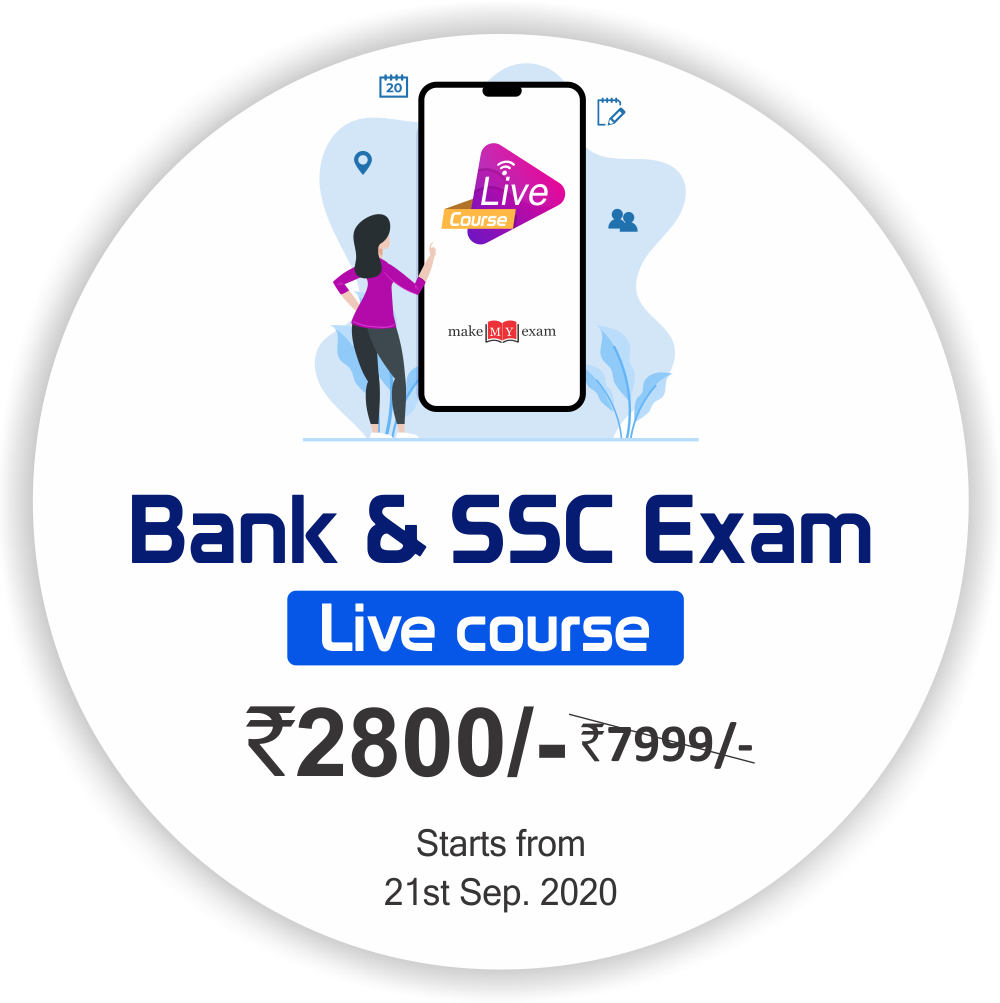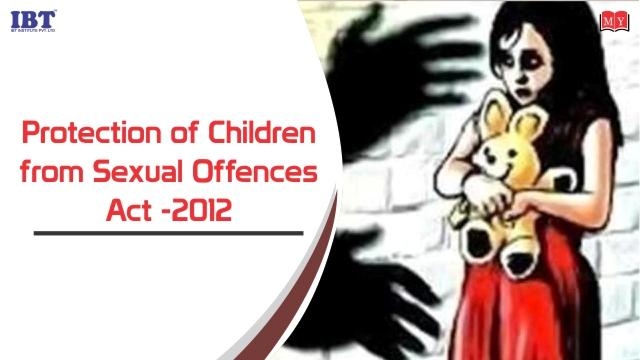
In order to effectively address the heinous crimes of sexual abuse and sexual exploitation of children through less ambiguous and more stringent legal provisions, the Ministry of Women and Child Development championed the introduction of the Protection of Children from Sexual Offences (POCSO) Act, 2012.
Salient features
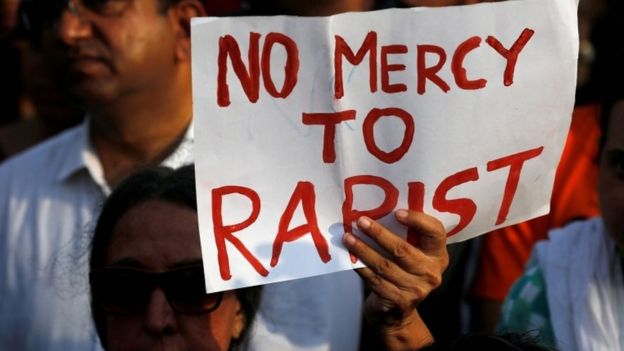
- The Act defines a child as any person below eighteen years of age, and regards the best interests and well-being of the child as being of paramount importance at every stage, to ensure the healthy physical, emotional, intellectual and social development of the child.
- It defines different forms of sexual abuse, including penetrative and non-penetrative assault, as well as sexual harassment and pornography, and deems a sexual assault to be “aggravated” under certain circumstances, such as when the abused child is mentally ill or when the abuse is committed by a person in a position of trust or authority vis-à-vis the child, like a family member, police officer, teacher, or doctor.
- People who traffic children for sexual purposes are also punishable under the provisions relating to abetment in the Act. The Act prescribes stringent punishment graded as per the gravity of the offence, with a maximum term of rigorous imprisonment for life, and fine.
Punishments for Offences covered in the Act
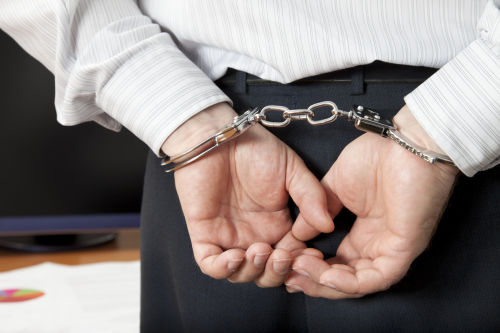
- Penetrative Sexual Assault (Section 3) on a child — Not less than seven years which may extend to imprisonment for life, and fine (Section 4)
- Aggravated Penetrative Sexual Assault (Section 5) — Not less than ten years which may extend to imprisonment for life, and fine (Section 6)
- Sexual Assault (Section 7) i.e. sexual contact without penetration — Not less than three years which may extend to five years, and fine (Section 8)
- Aggravated Sexual Assault (Section 9) by a person in authority — Not less than five years which may extend to seven years, and fine (Section 10)
- Sexual Harassment of the Child (Section 11) — Three years and fine (Section 12)
- Use of Child for Pornographic Purposes (Section 13) — Five years and fine and in the event of subsequent conviction, seven years and fine Section 14 (1
Provisions related to conduct of trial of reported offences
- The Act provides for the establishment of Special Courts for trial of offences under the Act, keeping the best interest of the child as of paramount importance at every stage of the judicial process.
- The Act incorporates child friendly procedures for reporting, recording of evidence, investigation and trial of offences. These include:
- Recording the statement of the child at the residence of the child or at the place of his choice, preferably by a woman police officer not below the rank of sub-inspector.
- No child to be detained in the police station in the night for any reason.
- Police officer to not be in uniform while recording the statement of the child.
- The statement of the child to be recorded as spoken by the child.
- Assistance of an interpreter or translator or an expert as per the need of the child.
- Assistance of special educator or any person familiar with the manner of communication of the child in case child is disabled
- Medical examination of the child to be conducted in the presence of the parent of the child or any other person in whom the child has trust or confidence.
- In case the victim is a girl child, the medical examination shall be conducted by a woman doctor. 13. Frequent breaks for the child during trial. Child not to be called repeatedly to testify.
- No aggressive questioning or character assassination of the child in-camera trial of cases.
- The Act recognizes that the Intent to commit an offence, even when unsuccessful for whatever reason, needs to be penalized.
- The attempt to commit an offence under the Act has been made liable for punishment for upto half the punishment prescribed for the commission of the offence.
- The Act also provides for punishment for abetment of the offence, which is the same as for the commission of the offence.
- The Act makes it mandatory to report commission of an offence and also the recording of complaint and failure to do so would make a person liable for punishment of imprisonment for six months or / and with fine. 18.1t is a Punishable action if Police / Special Juvenile Police Unit fails to report a commission of the offence under this act [Section- 2141)]
- For the more heinous offences of Penetrative Sexual Assault, Aggravated Penetrative Sexual Assault, Sexual Assault and Aggravated Sexual Assault, the burden of proof is shifted to the accused. This provision has been made keeping in view the greater vulnerability and innocence of children.
- To prevent misuse of the law, punishment has been provided for making false complaint or proving false information with malicious intent. Such punishment has been kept relatively light (six months) to encourage reporting. If false complaint is made against a child, punishment is higher (one year) (Section 22).
- The media has been barred from disclosing the identity of the child without the permission of the Special Court. The punishment for breaching this provision by media may be from six months to one year (Section 23).
- For speedy trial, the Act provides for the evidence of the child to be recorded within a period of 30 days. Also, the Special Court is to complete the trial within a period of one year, as far as possible (Section 35).
- To provide for relief and rehabilitation of the child, as soon as the complaint is made to the Special Juvenile Police Unit (SJPU) or local police, these will make immediate arrangements to give the child, care and protection such as admitting the child into shelter home or to the nearest hospital within twenty-four hours of the report. The SJPU or the local police are also required to report the matter to the Child Welfare Committee within 24 hours of recording the complaint, for long term rehabilitation of the child.
- The Act casts a duty on the Central and State Governments to spread awareness through media including the television, radio and the print media at regular intervals to make the general public, children as well as their parents and guardians aware of the provisions of this Act.
- Where an act or omission constitutes an offence punishable under this Act and also under sections 166A, 354A, 354B, 354C, 354D, 370,370A, 375, 376, 376A, 376C, 376D, 376E or section 509 of the Indian Penal Code (45 of 1860),then, notwithstanding anything contained in any law for the time being in force, the offender found guilty of such offence shall be liable to punishment under this Act or under the Indian Penal Code as provides for punishment which is greater in degree."
- The Provisions of this Act is in addition to and not in derogation of any other provisions of any other Law. In case of any consistency the provisions of this act will have an overriding effect on any other provisions.
- The POCSO Act is only applicable to child survivors and adult offenders. In case two children have sexual relations with each other, or in case a child perpetrates a sexual offence on an adult, the Juvenile Justice (Care and Protection of Children) Act, 2000, will apply.
Duties of the Police as Specified in POSCO Rules 2012
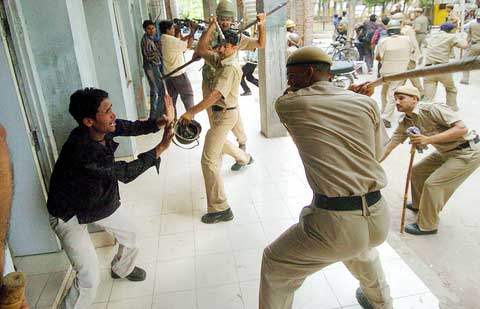
1.As per Rule 4(1) of the Protection of Children from Sexual Offences Rules 2012 when Police receive information of an offence committed or attempted or likely to be committed it is the duty of the Police Official to provide to the complainant: (i) Name and Designation (ii) Address and Telephone number (iii) Name, Designation and contact details of the officer who supervises him.
2.As per Rule 4(2) of the Protection of Children from Sexual Offences Rules 2012 when Police receive information of an offence committed or attempted or likely to be committed it is the duty of the Police Official to :
- Register an FIR
- Provide a copy of the FIR to the complainant
- If the Child is in medical emergency arrange for the same immediately without delay
- Take the child to the Hospital accompanied by parents or any person the child trusts
- Ensure sample collection for forensic examination
- Inform the child and his parents about a support person , legal advice and right to be represented by a lawyer
3.As per Rule 4(3) of the Protection of Children from Sexual Offences Rules 2012 when a child is exploited by a person in the family, shared household or in shelter home and it is found out that the child is without parental support or without home the SJPU or Police will produce the child before the Child Welfare Committee within 24 hours with reasons in writing that the child in in need of cars and protection and request for a detailed assessment by the Child Welfare Committee. After making a detailed assessment and as per Rule 4(7) the Child Welfare Committee will provide a support person to the child.
4.As per Rule 4(9) of the Protection of Children from Sexual Offences Rules 2012 the Police shall within 24 hours inform the Special Court of the support person provided to the child in writing.
5.As per Rule 4(11) of the Protection of Children from Sexual Offences Rules 2012 the Police shall inform the parents , support person, guardian as the case may be about the developments of the case arrest of the accused and details of various application filed.
6.As per Rule 4(12) of the Protection of Children from Sexual Offences Rules 2012 the Police shall inform the parent or support person or guardian the following :
- Availability of medical Services
- Procedural steps involved in Criminal Prosecution
- Availability of victim compensation
- Arrest of the offender
- Filing of Charge against the offender
- Dates of court proceedings
- Bail or release of the Offender
- Rendering of verdict
- Sentence imposed on a an offender
7.As per Rule 5(3) of the Protection of Children from Sexual Offences Rules 2012 no medical practitioner shall demand any legal or magisterial requisition or other documentation as a prerequisite to rendering medical care.
A.It is a Punishable action if Police / Special Juvenile Police Unit fails to report a commission of the offence under this act [Section - 21 - (1) Protection of Children from Sexual Offences Act 2012 ]
B.If a Police Officer fails to register a case or take cognizance of the offence under Section 326-A, Section 326-B , Section 354,Section 354—B, Section 370,Section 370-A, Section 376,Section 376- A,Section 376-B, Section 376-C,Section 376-D, Section 376-E Indian Penal Code is punishable offence. [Section 166 - A Indian Penal Code]
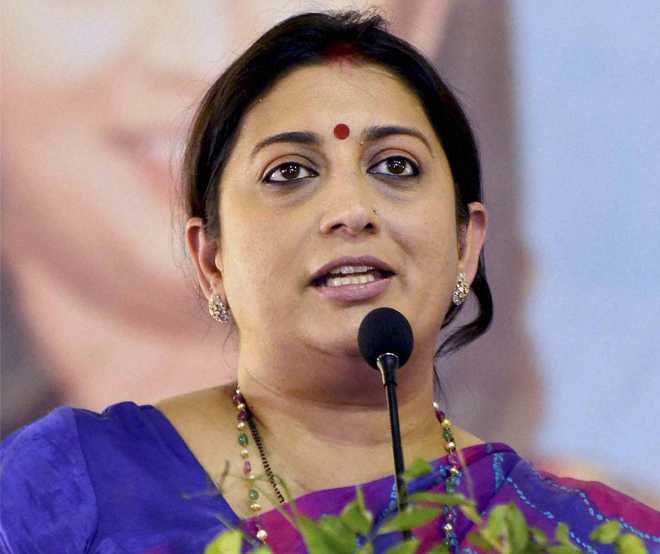
 4.5/5
4.5/5








